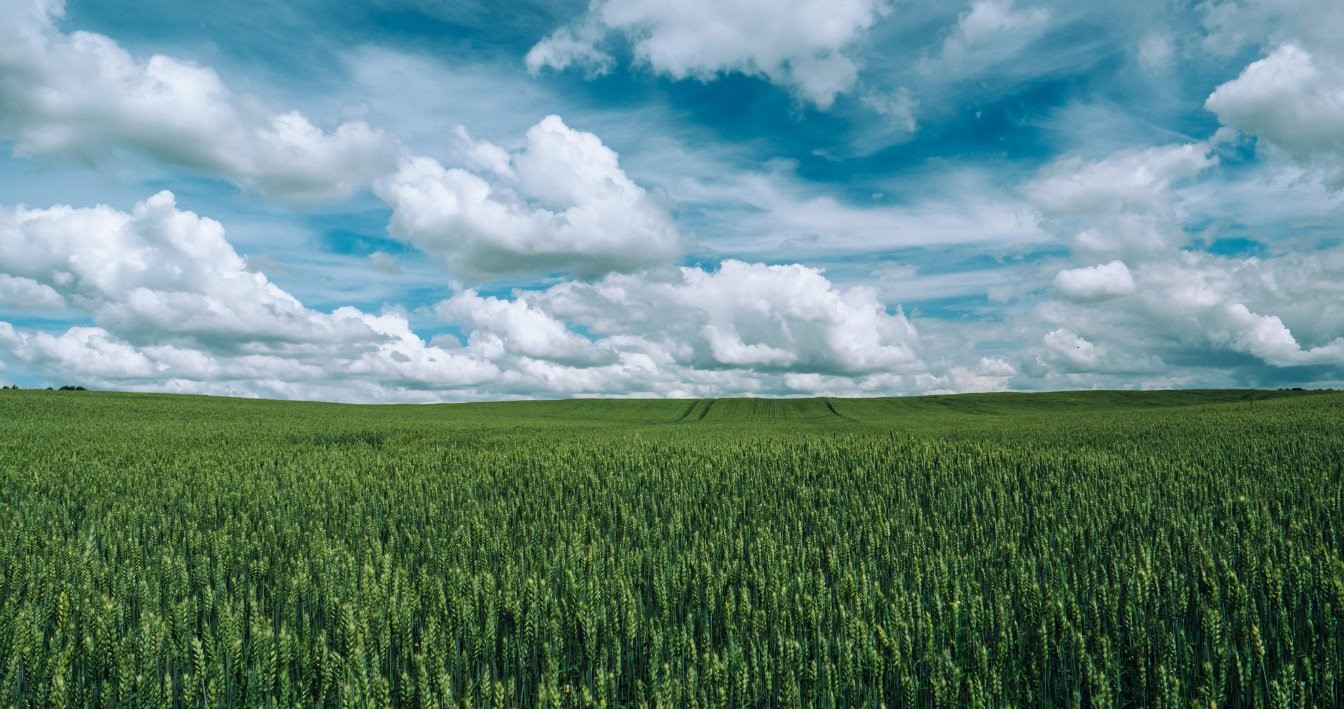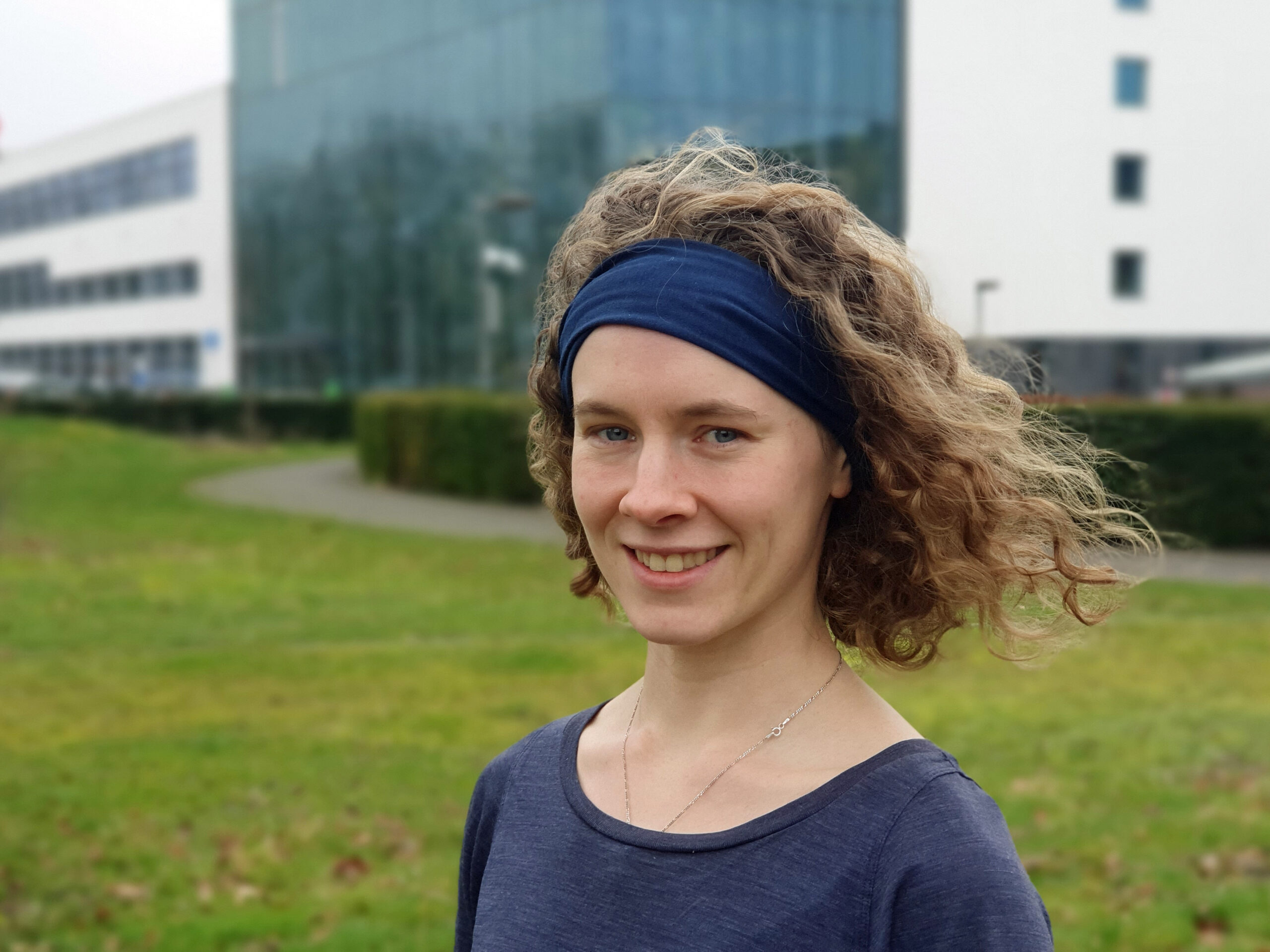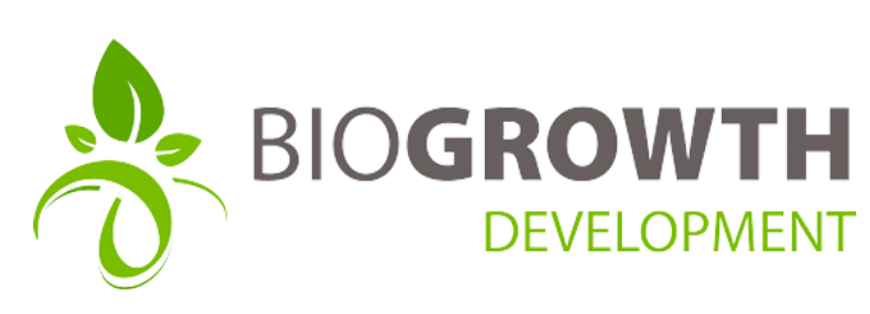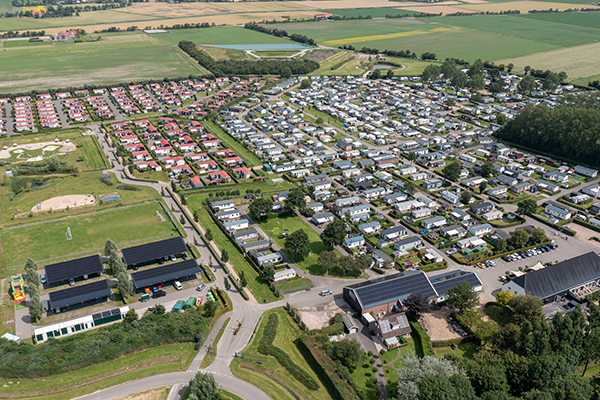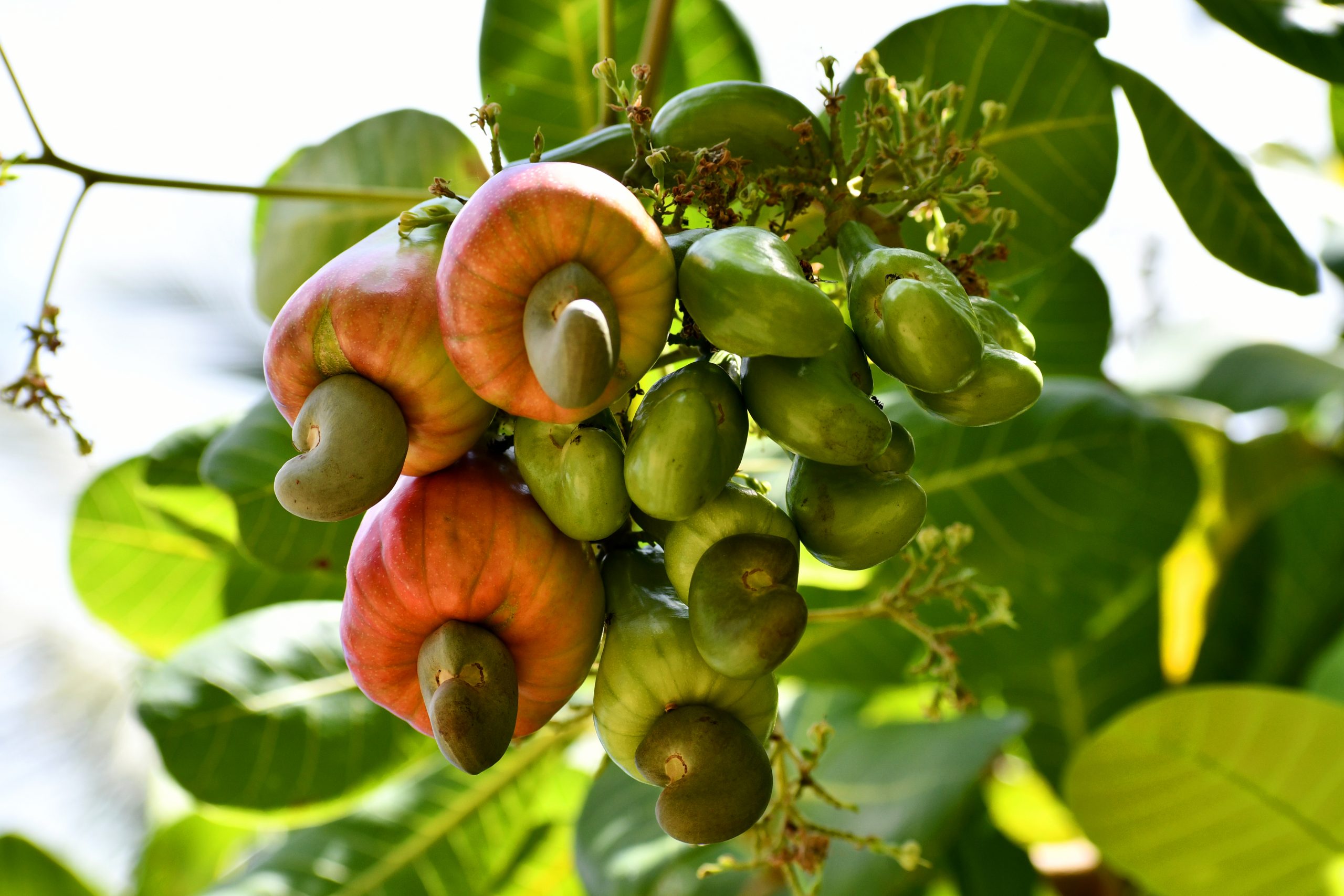FeedingRefineries brings together Looop, BioGrowth Development, and MNEXT, aiming to navigate this challenge by mapping agricultural waste and identifying resource opportunities and bottlenecks for future bioplastic production.
The project will assess the quantity and distribution of ALRs across Europe as they relate to the chemical industry, using mapping and scenario building to analyze where a refinery might be most successful and how technical, environmental, and logistical considerations influence production. The spatial distribution of ALRs, as well as the technical requirements of refineries, are critical components to developing a sustainable supply chain.
This exploratory research will first examine ALR biomass supply across the entire EU and define constraints from the bottom up to prioritize sustainable land use and transportation efficiency. By creating a broad study including technological and product variation, the findings will remain applicable as the industrial landscape evolves and regulations are developed. The project will culminate in a predictive model as a tool for stakeholders to match products to feedstock availability. The resulting method can be used to incorporate further biomass sources and used a launchpad for future research.
February 2025 until January 2026




